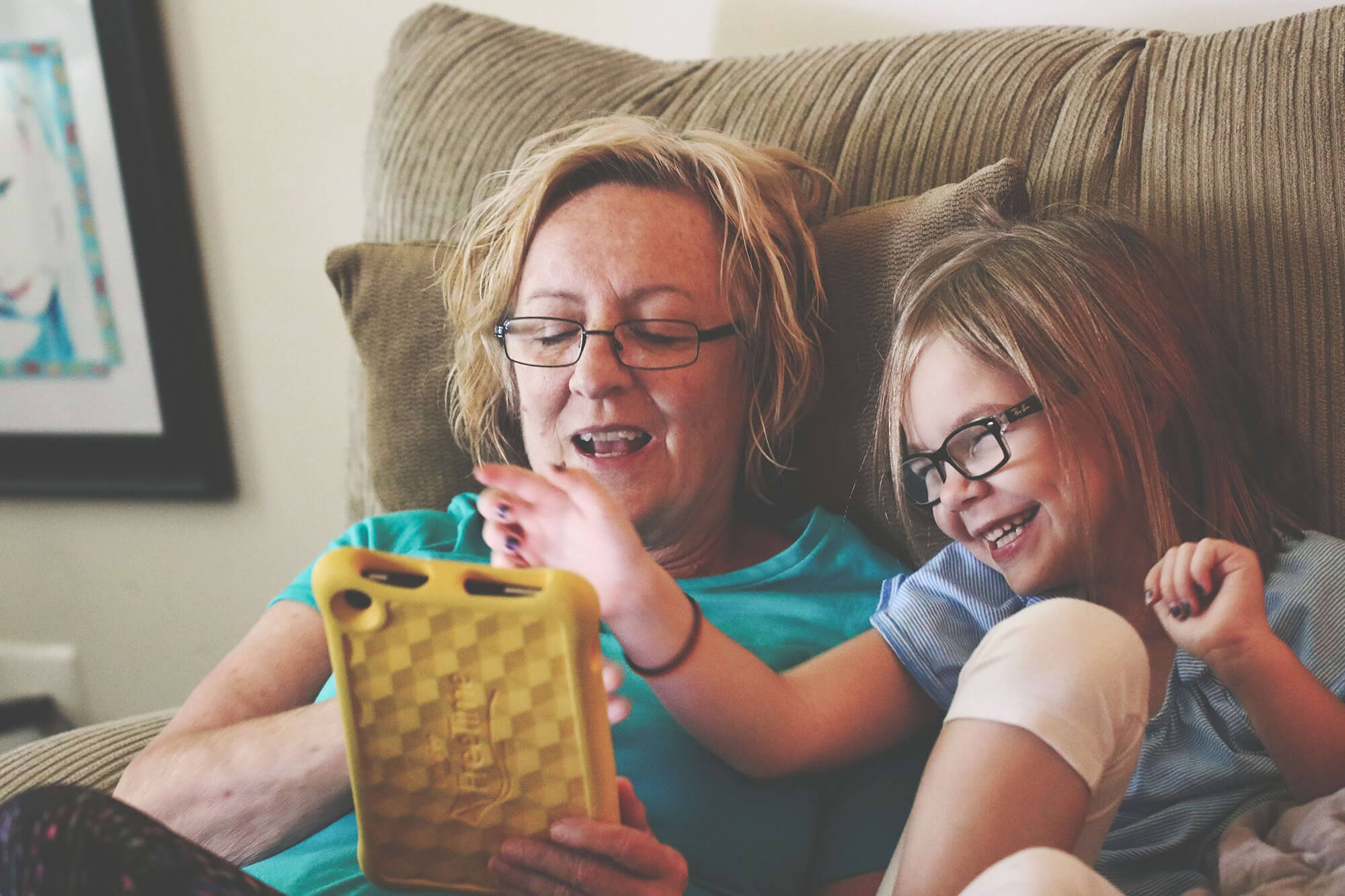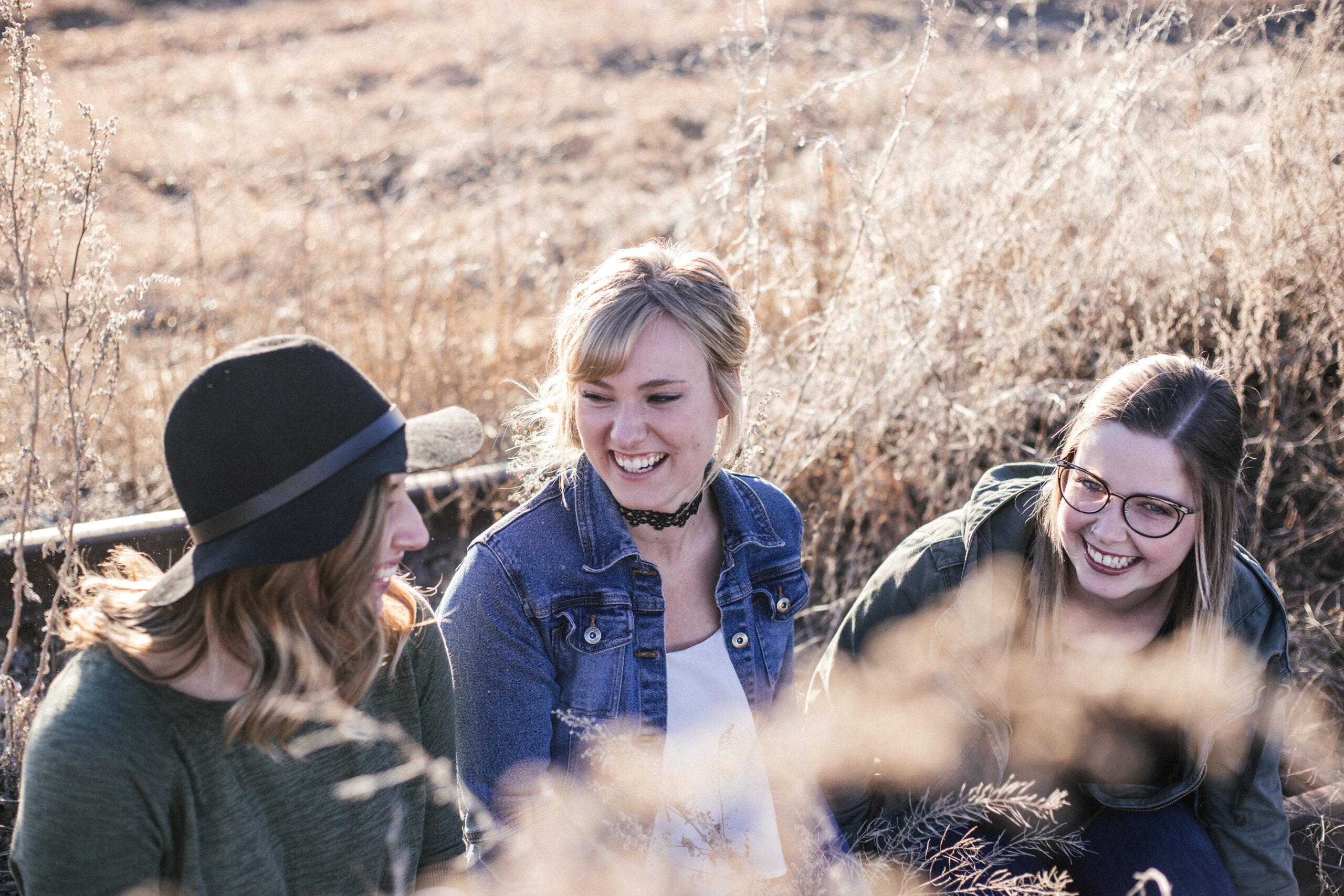Making the decision to become a foster carer is a life-changing one. After you’ve gathered all the information you need to decide if it’s the right decision for you and your family, you might want to consider how it will impact your family, support network, your lifestyle and the capacity you have to welcome a child (or children) into your home.
You may like to consider some of the following questions to work out if foster caring is right for you, right now.
1. Do you have a supportive network of family and friends?
It’s important to have the support of your family and friends. These are generally the people you can call on during stressful times and gain their support.
2. What are your work and personal commitments?
You should consider the amount of time you have available to care for a child and the flexibility of your schedule. For instance, if you work full-time, you might consider respite care.
If you’re at home full-time or a retiree, a younger child that is not yet in kindergarten or daycare could benefit from your time and care.
Most children in care will have regular contact with their parents and family to ensure they stay connected and maintain a relationship with them. You’ll need to be available to support your foster child before and after their visits. There may also be court and other appointments they’ll need to attend during their time with you.
3. Are you in good health?
It’s important that you evaluate your personal health and consider any medical needs that may impact your ability to care for children. If there’s anything that’s concerning you, speak with your general practitioner about your interest in foster care and seek their opinion.
A health and wellbeing questionnaire will form part of your application and, if requested by the Department of Child Safety, a general practitioner report will also need to be completed.

The role of caring for children is an extremely rewarding and fulfilling experience.
4. What’s your financial situation like?
Foster carers receive a fortnightly allowance to help cover the cost of caring for a child. However, sometimes there may be some costs incurred that exceed this allowance, or a delay in reimbursement of approved expenses. Therefore, it’s important to ensure you can meet any urgent needs if a situation should arise.
Child-related costs need to be part of an approved case plan or placement agreement. The fortnightly caring allowance covers day-to-day clothing, footwear and personal care items. Additional payments are determined on a case-by-case basis.
To learn more about the financial support available for foster carers, click here.
5. If you have children, how do they feel about foster care?
It’s important to consider how fostering will affect each family member and your existing family dynamic. Your children will also be sharing their home, their toys and your time. Ask them how they feel and listen to what they say.
If you’re considering fostering, explain to your family the important role that foster families play in the community, how fostering works and how you’ll be helping a child by sharing your home.
With each foster child there will be challenging times and joyful ones.
There are many reasons why children can be placed into care. Sometimes it’s due to neglect, abuse or trauma. As a carer, you’ll need to be prepared to help manage the child’s feelings and emotions.
Supporting and educating your own children to help them understand any behavioural or emotional issues that the foster child may be dealing with is also part of the process.

6. Are you prepared to help your foster child after traumatic events?
Sometimes children in care experience forms of trauma from their experiences or from being separated from their families. Carers will need to be prepared to support their foster children through these experiences. As a trauma informed organisation, we will equip carers with ongoing training programs, resources and access to wider community groups that can help carers to navigate supporting young people to process trauma and their transition to care.
7. Do you have a big heart for becoming a foster carer?
Are you keen to make a difference to a child’s life? Are you committed to celebrating their milestones and being a role model for them?
If you’ve answered yes to these questions, becoming a foster carer might be perfect for you! To learn more about what the process might look like to becoming a foster carer, please view our blog ‘Preparing for the process: essential questions to expect in foster parent interviews.’
